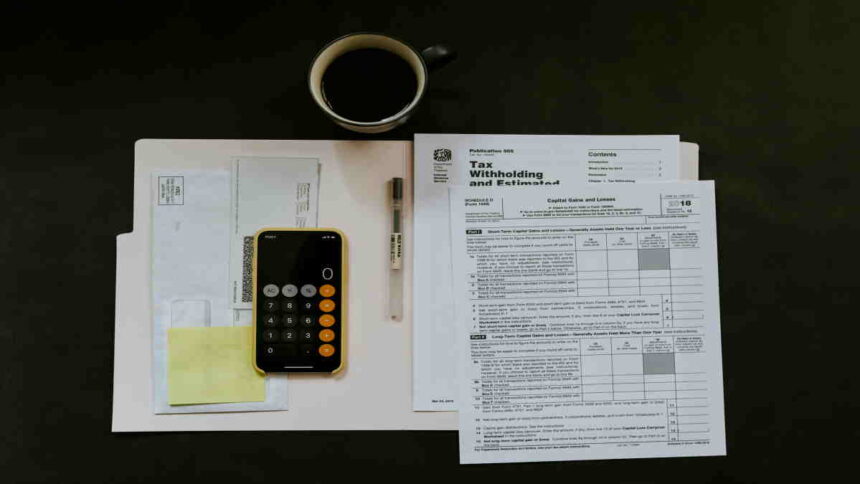About 1 million taxpayers will receive special payments of as much as $1,400 from the Internal Revenue Service in the coming weeks. These payments will be made by direct deposits into bank accounts or by mailing paper checks to give unexpected financial help to eligible individuals.
Why Are These Payments Being Issued?
The IRS is sending out around $2.4 billion to taxpayers who did not claim a Recovery Rebate Credit on their 2021 tax returns. This credit allowed an individual to receive a refund of amounts they did not get in prior COVID-19 stimulus payments, but the IRS finds many eligible taxpayers did not file for it on their returns.
To that effect, the IRS has gone out of its way to identify such persons and compensate them without them taking further action. The payments are part of the agency’s effort to make sure taxpayers received financial aid they were qualified for during the pandemic.
Who Qualifies for the Payments?
These payments are based on certain eligibility. Most people already received their federal stimulus payments—technically called Economic Impact Payments—when those were issued.
The latest round of refunds goes to those who filed a 2021 tax return but either did not fill out the Recovery Rebate Credit box or entered $0 in the box when they, in fact, qualified for the stimulus payment. Taxpayers in this group automatically get the refund by the end of January 2025.
What to Expect from the Taxpayers?
Payment amounts will vary, up to $1,400 per individual, depending on individual eligibility. The payment will be deposited to the bank account provided on the taxpayer’s most recent return or mailed to the mailing address on file.
Also, the IRS will send letters to all who received such payments explaining the amount of such payments and how that amount was calculated. The purpose is to make certain the taxpayer understands the source and reason these funds come from.
Can Late Filers Still Receive the Credit?
Those who haven’t filed their 2021 tax returns can still claim the Recovery Rebate Credit. Taxpayers, including those with low income or no income, must file their returns and claim the credit by April 15, 2025.
This provision gives people who have missed previous opportunities a chance to get money that they are entitled to under government programs established for COVID-19 relief.
Past Stimulus Payments Overview
Throughout the pandemic, three rounds of government stimulus payments have been given. In all, $814 billion was disbursed:
- March 2020- The CARES Act-up to $1,200 per filer and up to $500 per child.
- December 2020- Consolidated Appropriations Act-up to $600 per filer and $600 per child.
- March 2021, under the American Rescue Plan Act:** a maximum of $1,400 per filer plus $1,400 per child.
These were the various kinds of payments disbursed in order to help sustain households going through economic disruptions occasioned by the pandemic. The move underlines interest by the IRS in ensuring that financial aid reaches all eligible Americans.




